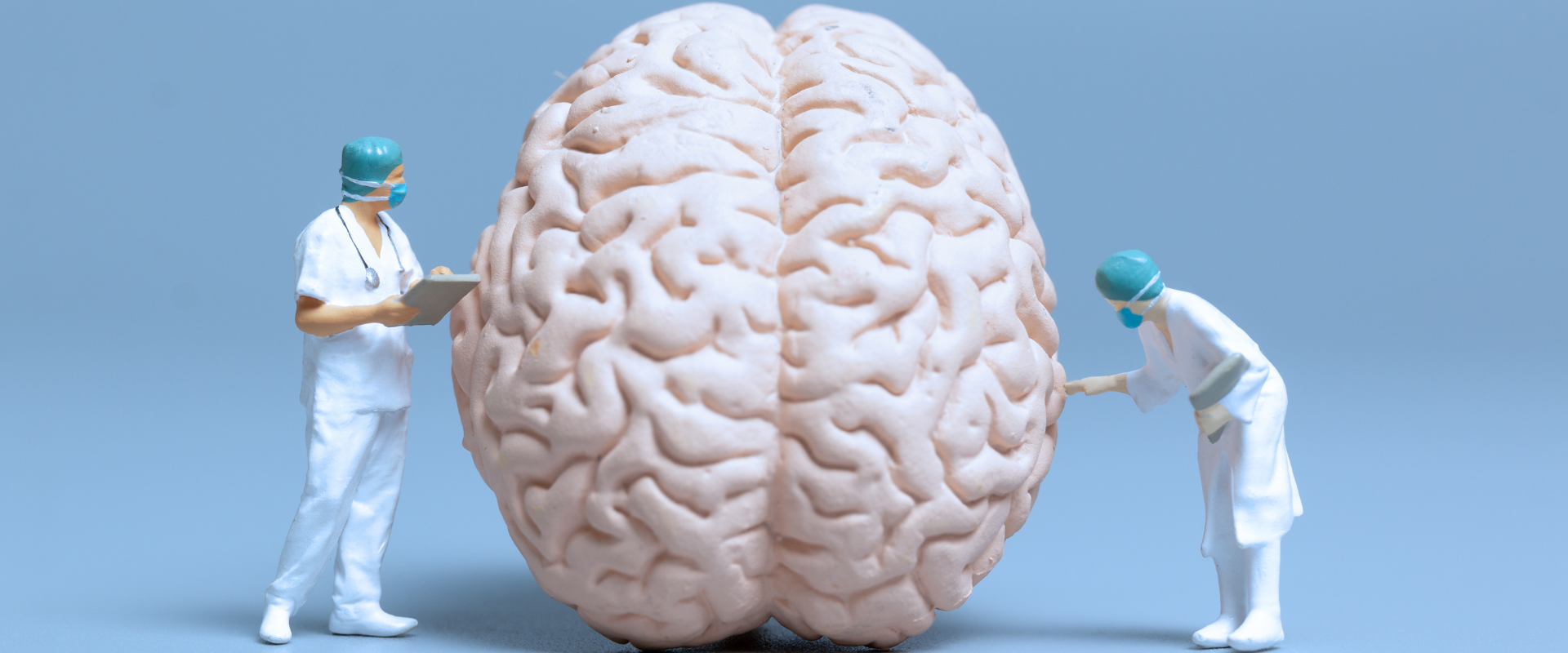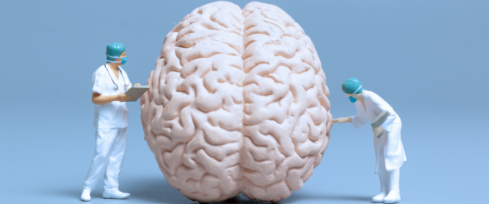Traumatic Brain Injuries: A Common Outcome:
A traumatic brain injury, commonly known as head injuries, are a frequent outcome in accidents involving children and teenagers. These injuries are the leading cause of permanent brain damage and death in this age group.
What Parents Need to Know:
Not Every Head Injury Leads to a Concussion:
- Parents often underestimate minor head injuries, especially in active children involved in sports. It’s essential to recognize that not every head injury results in a concussion; some may be more severe. Understanding the various types, including severe, moderate, and mild head injuries, is crucial.
Certain Age Ranges Are More Vulnerable:
- While all children face the risk of TBIs, the CDC highlights two significant age groups with higher susceptibility—children aged 0 to 4 and 15 to 19. Toddlers are still mastering physical activities, and teenagers engage in activities that increase the risk of accidents.
Symptoms Are Not Always Obvious:
- Identifying TBI symptoms can be challenging, especially in younger children who may struggle to communicate discomfort or pain. Symptoms vary from physical signs like headaches and vomiting to cognitive and emotional changes such as confusion, irritability, and mood swings.
Always Diagnose Any Form of Head Injury:
- Regardless of how insignificant a head injury may seem, seeking a medical evaluation is crucial. Diagnostic tests, such as X-rays, CT scans, and MRIs, can detect potential damage that may not be immediately apparent.
Treatment and Recovery:
- Advances in technology and neurological science have made treating TBIs more accessible. Treatment options range from surgery in severe cases to rest, observation, and pain management for milder injuries. Recovery varies in duration and may involve addressing issues like loss of muscles, incoherent speech, and concentration challenges.
Conclusion:
Being informed about traumatic brain injuries empowers parents to prioritize their child’s safety. As we transition into autumn, a season of change, let us carry this awareness forward. Recognising the signs, seeking prompt medical attention, and supporting our children through recovery are essential steps in ensuring their well-being.

Nanny and Childminder CPR and First Aid Course
Nanny / Childminder CPR & First Aid Course As a parent, it is important that the person looking after your child has the skills to handle an emergency at home. Whether your child is in the care of a nanny or childminder, it’s crucial to ensure they are equipped with

Online Baby & Child CPR and First Aid Course
Online Baby And Child CPR And First Aid Course Empower yourself to handle emergencies with our comprehensive Online Course. Perfect for new and expectant parents, grandparents, childminders, and anyone caring for young ones. Learn crucial First Aid skills and lifesaving CPR techniques led by owner and founder of Survival CPR®,
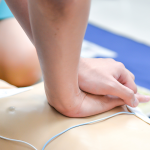
BLS (Basic Life Support) Course
Basic Life Support Course This American Heart Association Course is designed for medical professionals (physiotherapists, chiropractors, homeopaths, doctors, nurses, dentists, pharmacists etc), who are registered with the Health Professions Council of South Africa. Course Cost Members of the public are also allowed to attend this Course R 1450 Acquire10 CPD

Pre-School to High School CPR and First Aid Courses
Pre-School to High School CPR and First Aid Courses Ensure the safety of young lives with our comprehensive CPR and First Aid Course. This vital training is tailored to the unique needs of Preschool, Primary School, and High School staff, empowering them to respond effectively to accidents and medical emergencies.

Safe Administration and Storage Of Medications In Schools
Safe Administration and Storage Of Medications In Schools Course This course is tailor-made for the school setting, educators and affiliated staff. You will also learn how to handle certain emergency situations as well as life saving CPR skills. This course is a must for all schools. Enrol now to gain
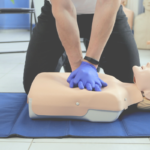
Level 1 First Aid Course
Level 1 First Aid Course Any workplace with more than ten employees must have a trained first aider and first aid supplies on the premises, according to the Occupational Health and Safety Act. We offer you a First Aid accredited Course. Course Cost accredited by HWSETA and aligned to Unit
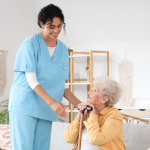
Caregiver Course
Caregiver Course Are you passionate about helping others? Our Caregiver Course equips you with the skills and knowledge needed to provide compassionate care to a diverse range of individuals, including babies, the elderly, patients with Alzheimer’s or dementia, the terminally ill, paraplegic individuals, stroke survivors, and so much more. Course
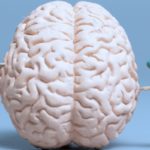
The Importance of learning First Aid if your child has a brain injury
As parents, our greatest wish is to provide our children with a safe and nurturing environment, ensuring they have the opportunities and care we may not have experienced ourselves. We navigate through their milestones, holding their hands as they learn to walk, climb, and explore the world around them. However,

The Importance of Learning CPR and First Aid for Teenagers
As parents, learning CPR and first aid is not just about personal readiness; it’s a powerful tool in ensuring the safety and well-being of our adolescent children. Here’s why it’s crucial for parents to acquire these life-saving skills for their teenage children. Sister Catherine writes about the importance of learning

